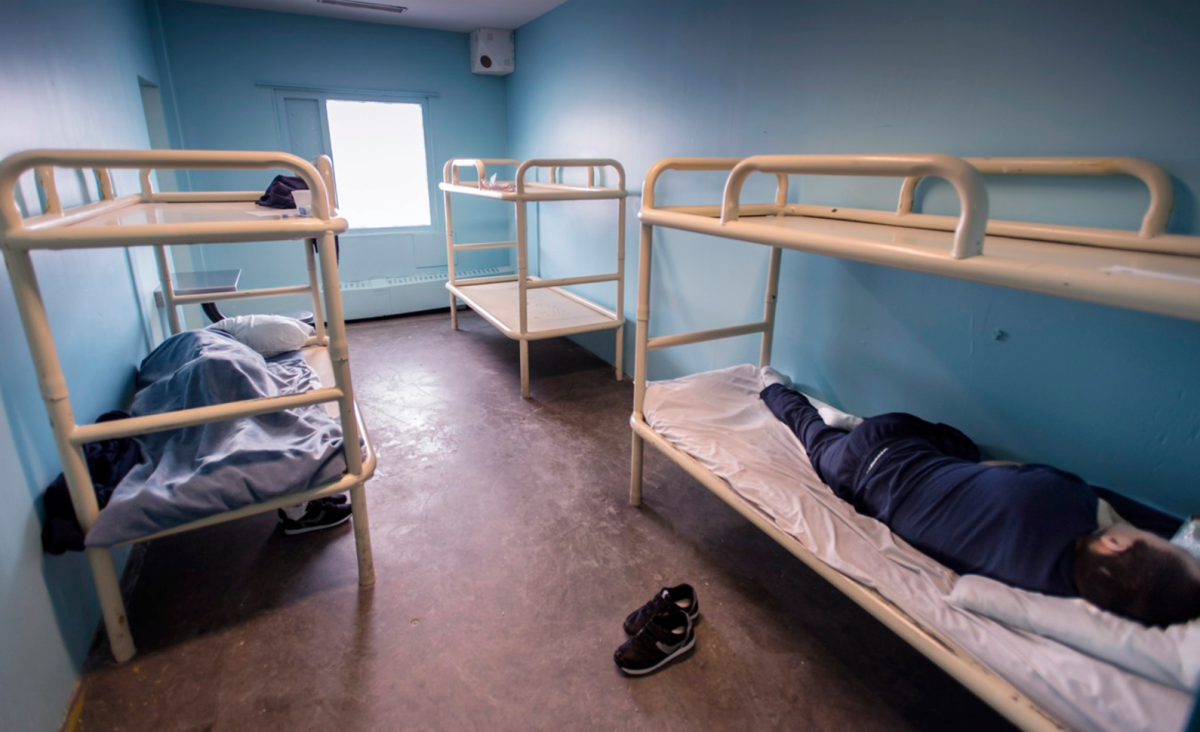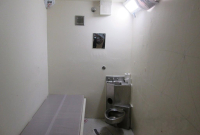Support strong Canadian climate journalism for 2025
Ontario's top court has asked the federal government for more information before deciding whether Canada's segregation laws will become invalid next month.
Speaking for the Appeal Court on Wednesday, Chief Justice George Strathy said the panel wanted details of how proposed legislation will address the concerns of a lower court judge, who last year declared the existing law unconstitutional — then stayed his declaration for 12 months to allow Ottawa to fix the situation.
The higher court also asked for government submissions on what action it would take if the stay is extended beyond Dec. 18, when it is due to expire.
"We will certainly do our best to have our decision to you prior to that date," Strathy said. "(But) we need time to reflect on those submissions."
The Court of Appeal also reserved judgment on a challenge from the Canadian Civil Liberties Association, which argued that last year's ruling didn't go far enough to protect inmates from the harms of extreme isolation.
The case, Strathy said, was "challenging and important."
Last year, Superior Court Justice Frank Marrocco ruled that isolating prisoners for more than five days in a process known as administrative segregation was unconstitutional.
Marrocco said the system lacked proper safeguards. However, he said banning the practice immediately could be disruptive and dangerous, so he suspended his ruling for one year to give Parliament a chance to fix the problem.
Marrocco also said the law was otherwise sound because the harms of severe isolation — even when the mentally ill or young adults were involved — could be mitigated by appropriate monitoring.
Inmates are placed in administrative segregation to maintain security in the event an inmate poses a risk to themselves or others and no other reasonable alternative is available. They are to be released from administrative segregation at the earliest possible time.
In submissions on Wednesday, Michael Rosenberg of the liberties association called the government's request to extend Marrocco's stay "extraordinary." The government was asking the court to "perpetuate an unconscionable system" and granting the request would give the administration of justice a "black eye," Rosenberg told the panel.
"They asked for 12 months stay, they got 12 months stay," Rosenberg said. "There's been nothing done in the interim. Nothing has changed."
The government, he said, had failed to show the "exceptional circumstances" that would justify a stay extension. Nor has it explained why it took 10 months to introduce Bill C-83, which Ottawa says will ultimately address the concerns if passed.
Rosenberg said the proposed legislation would do little to address Marrocco's concerns, chief of which was that wardens were tasked with reviewing their own decisions to place inmates in administrative segregation.
"This proposed legislation…does not address the constitutional defect," Rosenberg said.
Government lawyer John Provart argued the new bill does address the issues. He also said efforts are underway to give inmates more meaningful human contact and programming. The 12-month stay Ottawa initially requested turned out not to be enough, he said.
"We live in a democracy and this is a complex problem," Provart said.
An extension would prevent a legislative vacuum while Bill C-83 winds through Parliament, Provart said, adding the government was aware of Marrocco's concerns.
Correctional Service Canada maintains segregation is an appropriate last resort for managing a difficult and potentially dangerous prison population. The liberties association, however, wants the Appeal Court to impose a 15-day cap for all inmates, and to bar the practice for inmates aged 18-21 and the mentally ill.
Everyone in extreme isolation is at risk of serious harm but the problem is particularly acute for young adults and the mentally ill, said association lawyer, Jonathan Lisus. The government's argument that proper monitoring is sufficient doesn't cut it, said Lisus, who noted 14 segregation suicides between 2011 and 2014.
"You cannot monitor the harm," Lisus said. "This is a practice and an idea whose time has come. It is completely out of step with international standards. It is completely out of step with the medical community, with the nursing community."





Comments